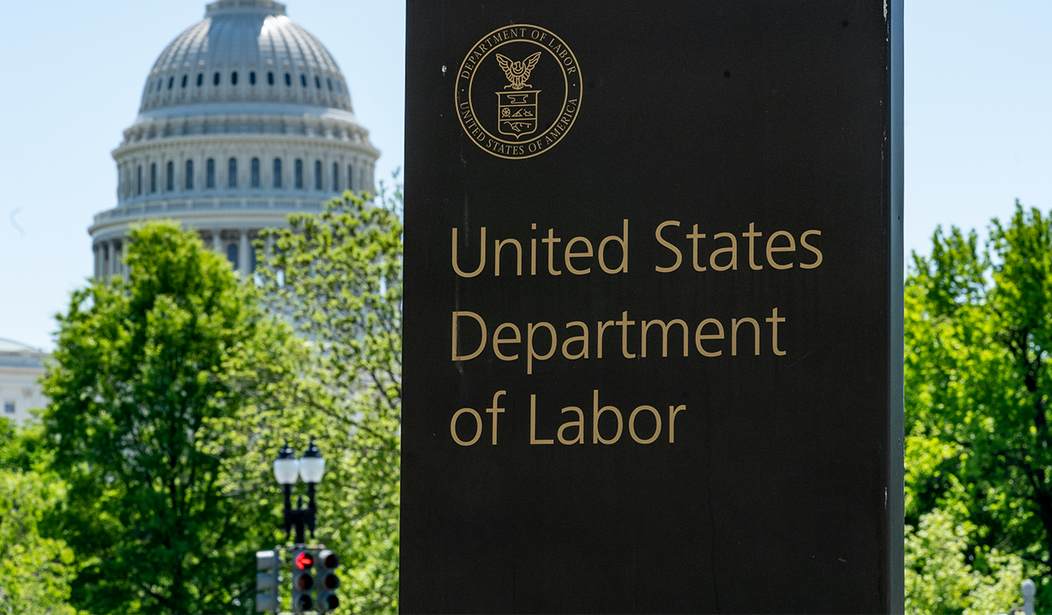Few of the U.S. Department of Labor’s (DOL) regulatory actions - if any - have generated more interest and support from workers, companies, think tanks, and other interested groups than DOL’s recent rulemaking addressing the distinction between employees under the Fair Labor Standards Act and independent contractors. This is not surprising, as many of the aforementioned stakeholders rely on independent contractors in varying degrees.
The two core factors considered under the new DOL rule are: 1) the nature and degree of control over the work performed, and 2) the workers’ opportunity for profit and loss based on their exercise of initiative, management of investment, or both. Additionally, the rule provides a non-exhaustive list of other factors to consider: the amount of skill required for the work; the degree of permanence of the working relationship; and finally, whether the work performed is part of an integrated unit of production.
The DOL independent contractor rule is a lighthouse in a sea of uncertainty. The vast majority of businesses are currently trying to do the right thing in classifying workers but can still find themselves crashing into regulatory rocks.
Classification confusion exists throughout the states. The most prominent example is the legislative abomination that is California’s convoluted Assembly Bill 5 (AB 5), which has caused so much classification confusion that it might as well have been crafted in crayon. Originally, AB 5 had just a handful of exemptions for various groups of workers, but as this proved unworkable, the California Legislature created dozens more.
The decision on which exemptions to grant and which to ignore has left many scratching their heads. In numerous cases, the exemptions seem to be based less on the merits and sound public policy and more on the efforts of special interest groups. For some California employers, the employer must use the ABC gauntlet of worker classification for certain workers, but the employer must use a different test to determine if workers in other occupations are employees or independent contractors. The passage of Prop. 22 on November 3 greatly clarified the California worker classification climate as it allowed companies to treat “app-based rideshare and delivery drivers” as independent contractors. With that being said, very few classes of workers were fortunate enough to be covered by this win. The sad fact is that AB 5 is fatally flawed. No amount of amendments can save it. While the California Legislature continues to muddy the independent contractor waters, other states have learned by example and have not followed California with similar laws.
Recommended
With the tremendous strain that COVID-19 has put on the U.S. economy, DOL’s independent contractor rule is needed now more than ever. While the unemployment rate continues to drop quicker than many predictions made by economists, including those in the Congressional Budget Office, millions of people remain out of work. However, in a testament to the resilience and entrepreneurial spirit of the American people, many individuals are transitioning from being employees to becoming their own bosses by starting their own businesses. In fact, according to the U.S. Department of Commerce there have been more than 2.7 million business openings since June, a 51 percent increase over last year. Additionally, the Bureau of Labor Statistics reports that 79 percent of independent contractors “overwhelmingly prefer their work arrangement … to traditional jobs.”
While being an employee may appeal to many, an increasing number of individuals are making the choice to become independent contractors, under arrangements that may include the freedom to set when they work and what projects they undertake. This positive trend will be bolstered thanks to the clarity provided by the DOL independent contractor rule.
Although the DOL independent contractor rule will not affect such ill-advised state laws such as California’s AB 5, it does provide a blueprint for other states to use to improve their existing worker classification laws. As America’s economy continues to strengthen, the very last thing governments should do is to enact stifling laws and regulations. Rather, they should create an environment where businesses and individuals can flourish. DOL’s independent contractor rule is an important step in that direction.
Dean Heyl is the Department of Labor’s Director of the Office of Public Liaison, which is responsible for stakeholder outreach.

























Join the conversation as a VIP Member